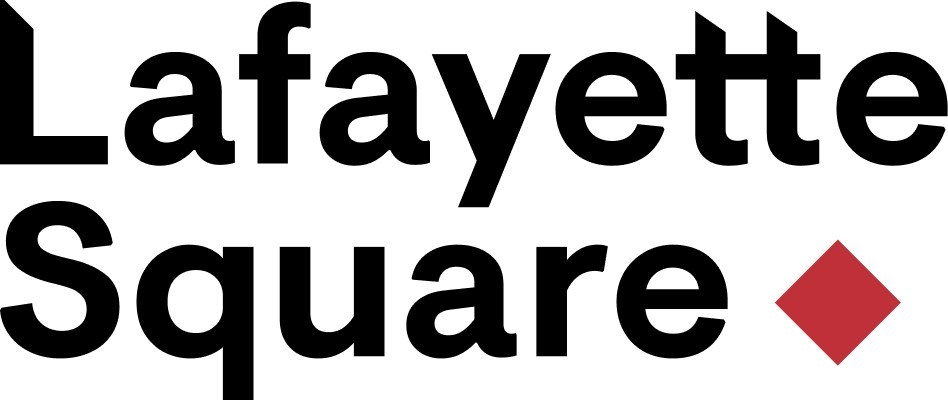Ripple Labs, the blockchain-based payment protocol company, has been a focal point in the cryptocurrency industry, especially concerning its anticipated Initial Public Offering (IPO). Despite widespread speculation and interest, the IPO has faced multiple delays. Understanding the reasons behind this postponement requires a comprehensive examination of Ripple's legal challenges, regulatory environment, market conditions, and internal strategic decisions.
A significant factor contributing to the delay of Ripple's IPO has been its protracted legal battle with the SEC. In December 2020, the SEC filed a lawsuit against Ripple Labs, alleging that the company conducted an unregistered securities offering by selling XRP tokens, raising over $1.3 billion.

This lawsuit cast a shadow over Ripple's operations and its prospects for going public. The legal proceedings saw a pivotal development in March 2025 when Ripple agreed to settle with the SEC. The settlement involved Ripple paying a reduced fine of $50 million, down from the initially imposed $125 million.
Chief Legal Officer Stuart Alderoty announced that the SEC would retain $50 million of the fine, which had been held in escrow. This settlement, pending approval from the SEC and the presiding judge, marked the conclusion of one of the SEC's prominent cryptocurrency cases. Notably, Ripple did not admit any wrongdoing as part of the agreement.
Despite this resolution, the lawsuit's duration and its implications have had a lasting impact on Ripple's IPO timeline. The legal uncertainty deterred potential investors and complicated the company's path to becoming a publicly traded entity. The broader regulatory landscape for cryptocurrencies has been in flux, influencing Ripple's IPO considerations.
Under President Donald Trump's administration, there has been a notable shift towards a more accommodating stance on cryptocurrency regulations. The SEC, reflecting this change, has dropped several lawsuits against crypto entities, including the case against Ripple. Additionally, President Trump has advocated for the United States to lead in the crypto industry, proposing new legislation to support crypto institutions and acknowledging the potential inclusion of cryptocurrencies like XRP in the government's crypto reserve.
While these developments suggest a more favorable regulatory environment, the market conditions for cryptocurrencies remain volatile. The price of XRP, for instance, experienced a 9% jump following the announcement of the SEC dropping its case against Ripple, only to see a modest 0.7% increase to $2.
51 the following day due to profit-taking by investors. Such volatility poses challenges for timing an IPO, as market stability is a crucial factor for a successful public offering. Internally, Ripple 's leadership has exhibited caution regarding the IPO.
CEO Brad Garlinghouse has emphasized that while an IPO is possible, it is not a priority for the company. In an October 2024 interview, Garlinghouse indicated that resolving the SEC lawsuit and navigating the regulatory landscape were immediate concerns, suggesting that an IPO would be considered once these issues were addressed. Furthermore, legal experts have speculated that Ripple may have been delaying the settlement of the SEC lawsuit due to potential IPO plans.
By negotiating favorable terms and seeking to overturn certain legal decisions, Ripple aimed to clear the path for future growth initiatives, including an IPO. With the settlement of the SEC lawsuit, speculation about Ripple's IPO has intensified. Experts predict that the IPO could occur within the next 12 to 18 months, potentially by the end of 2025 or in 2026.
However, no official timeline has been announced, and Ripple's leadership continues to focus on strategic priorities beyond the IPO. Market analysts suggest that the IPO's timing will depend on several factors, including the stabilization of XRP's market value, broader cryptocurrency market conditions, and the evolving regulatory framework. The recent settlement with the SEC is a positive step, but Ripple may choose to observe market reactions and ensure a conducive environment before proceeding with the IPO.
The delay in Ripple's IPO is attributable to a combination of legal challenges, regulatory uncertainties, market volatility, and internal strategic decisions. The resolution of the SEC lawsuit has alleviated a significant hurdle, but Ripple continues to navigate a complex landscape. As the company evaluates the optimal timing for its public offering, stakeholders remain attentive to developments that will shape Ripple's future in the public markets.
.















